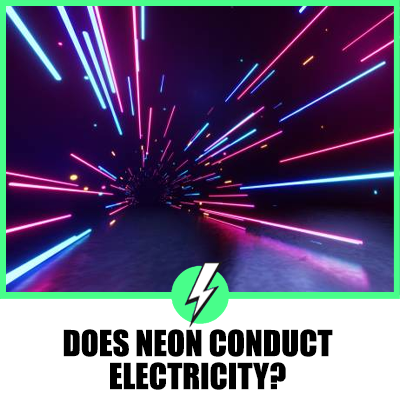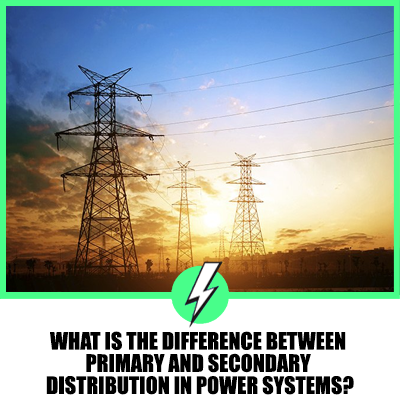Does Neon Conduct Electricity?
Neon, a noble gas, is often associated with the bright, vibrant lights of city nightlife.
But what happens when electricity meets neon?
Does it conduct electricity, or does it resist it?
In this article, we’ll delve into the electrical properties of neon and answer some of the most common questions about this fascinating element.

Contents
Is Neon a Good Electrical Conductor?
Neon is not a good conductor of electricity.
As a noble gas, it has a full complement of electrons in its outer shell, making it stable and unreactive under normal conditions.
This stability also means that neon does not readily conduct electricity.
However, this doesn’t mean that neon can’t interact with electricity in interesting ways.
Is Neon a Conductor or Insulator?
Neon is more accurately described as an insulator, a material that does not readily conduct electricity.
However, under certain conditions, neon can become a conductor.
This happens when neon is ionized, meaning its atoms gain or lose electrons and become charged.
Ionization can occur when a strong electric field is applied to neon, such as in a neon light tube.
What Happens When Electricity Passes Through Neon?
When a high voltage is applied to neon gas, the electric field can ionize the neon atoms.
The ionized neon atoms can then conduct electricity, and this process is accompanied by the emission of light.
This is why neon lights glow.
The glow is not a result of the neon conducting electricity per se, but rather a result of the ionization process.
When neon gas is ionized, one or more of its electrons can become raised to a higher energy level.
When these excited electrons fall back to their ground state, they emit a photon of light at a very specific frequency.
This is what gives neon lights their characteristic glow.
Does Neon React with Electricity?
Neon does not react with electricity in the way that many other elements do.
Because it is a noble gas, neon is stable and unreactive under normal conditions.
However, when subjected to a high electric field, neon can become ionized and conduct electricity.
This is not a chemical reaction, but a physical process.
Insights from Online Discussions
Online discussions reveal a common misconception that neon is a good conductor of electricity.
This is likely due to its use in neon lights, where it glows brightly when an electric current is passed through it.
However, as we’ve discussed, this is not because neon is a good conductor, but because it can be ionized under high electric fields.
One user on Quora explains this process in detail, noting that neon gas can conduct electricity when it is ionized between two electrodes with a large voltage.
The ionized atoms can move away from the electrodes without colliding with any other atoms, allowing a current to flow.
On Answers.com, users agree that neon is a poor conductor of heat and electricity.
They explain that neon does not conduct electricity at all, unless it becomes ionized.
They also note that neon is a good insulator due to its stable electron structure.
Neon and Its Uses
Neon’s unique properties make it invaluable in various applications.
Its most famous use is in neon lights, where it produces a bright, vibrant glow when ionized.
However, neon has other uses as well.
For example, it is used in vacuum tubes, high-voltage indicators, lightning arrestors, wave meter tubes, television tubes, and helium-neon lasers.
In addition, neon is used in refrigeration.
Due to its low boiling point, neon is used in cryogenic refrigeration systems where it serves as a refrigerant.
It is particularly useful in these applications because it does not react with other substances, making it safe and reliable to use.
Conclusion
In conclusion, while neon is not a good conductor of electricity under normal conditions, it can conduct electricity when ionized under a high electric field.
This ionization process is what allows neon lights to glow.
However, it’s important to remember that this is not a chemical reaction with electricity, but a physical process.
Neon remains a fascinating element with unique properties that make it invaluable in various applications, from lighting to refrigeration.





